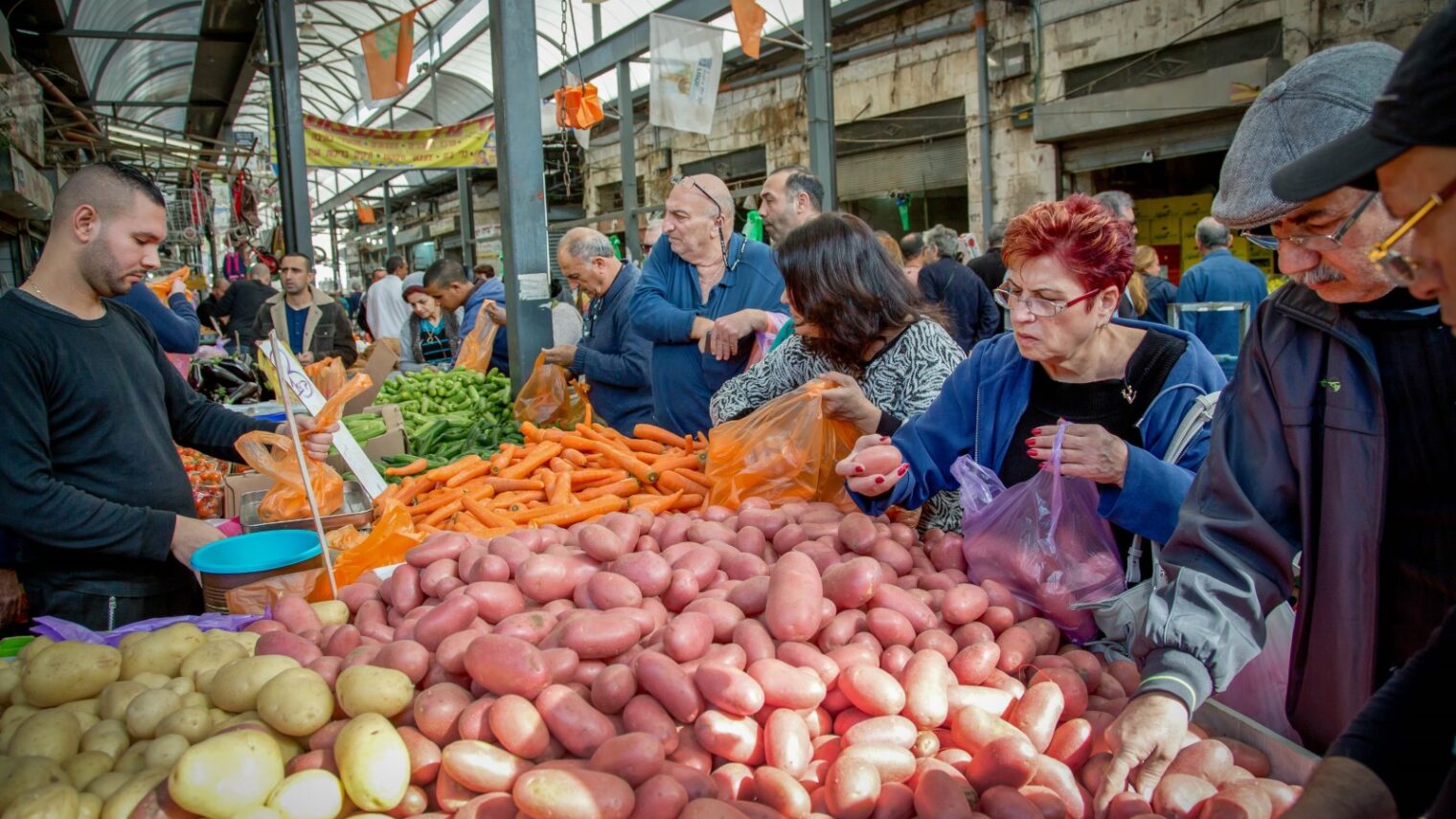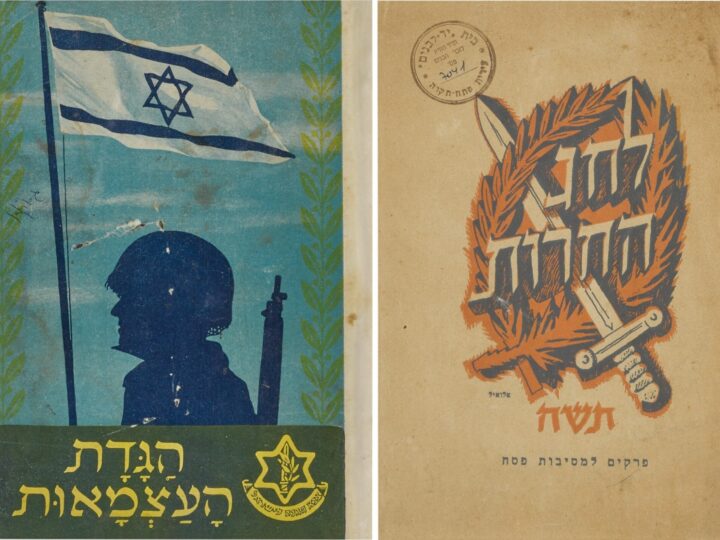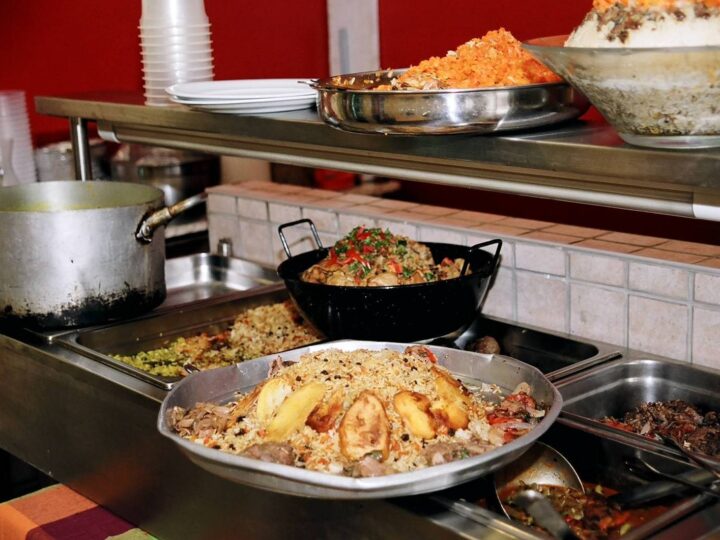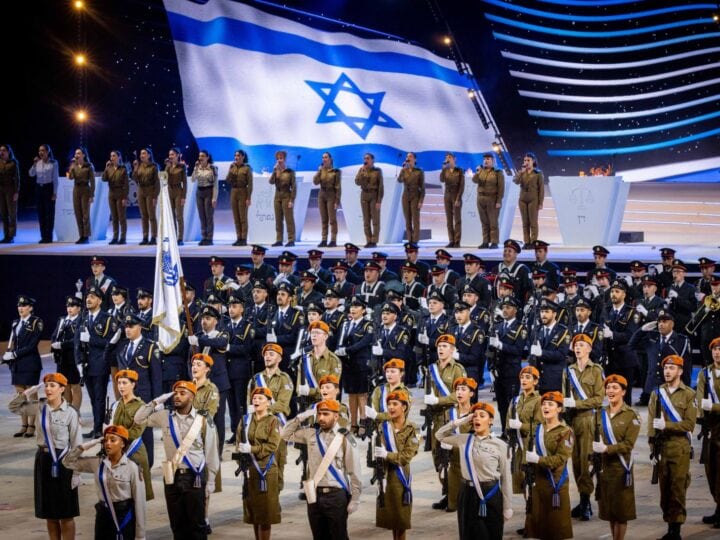Open-air markets, known to Israelis as “the shuk,” are the cornerstone of the Israeli lifestyle. Israelis are drawn to the high quality, cheap prices and lively interactions as they choose fresh seasonal produce and other edibles.
The nine shuks listed below are not as well-known as the legendary Machane Yehuda Market in Jerusalem or Tel Aviv’s Carmel Market, but they have just as much to offer. You will find that each one possesses its own secrets and undiscovered treasures, which come from the people and the stories their products tell.
An underrated tourist destination with Crusader churches, a fortress, beautiful mosques and an eighth century underground water reservoir that can only be charted via canoe, the central city of Ramla also boasts one of the country’s most colorful open-air markets.
A great place to pick up the usual fruits and vegetables, or scavenge for rare finds, the Ramla shuk offers some of the most authentic street food in the country, and includes Indian spice shops and restaurants that will satisfy your craving for the far-Eastern cuisine.
How to get there: Start at 10 Jabotinsky Street and continue along the road.
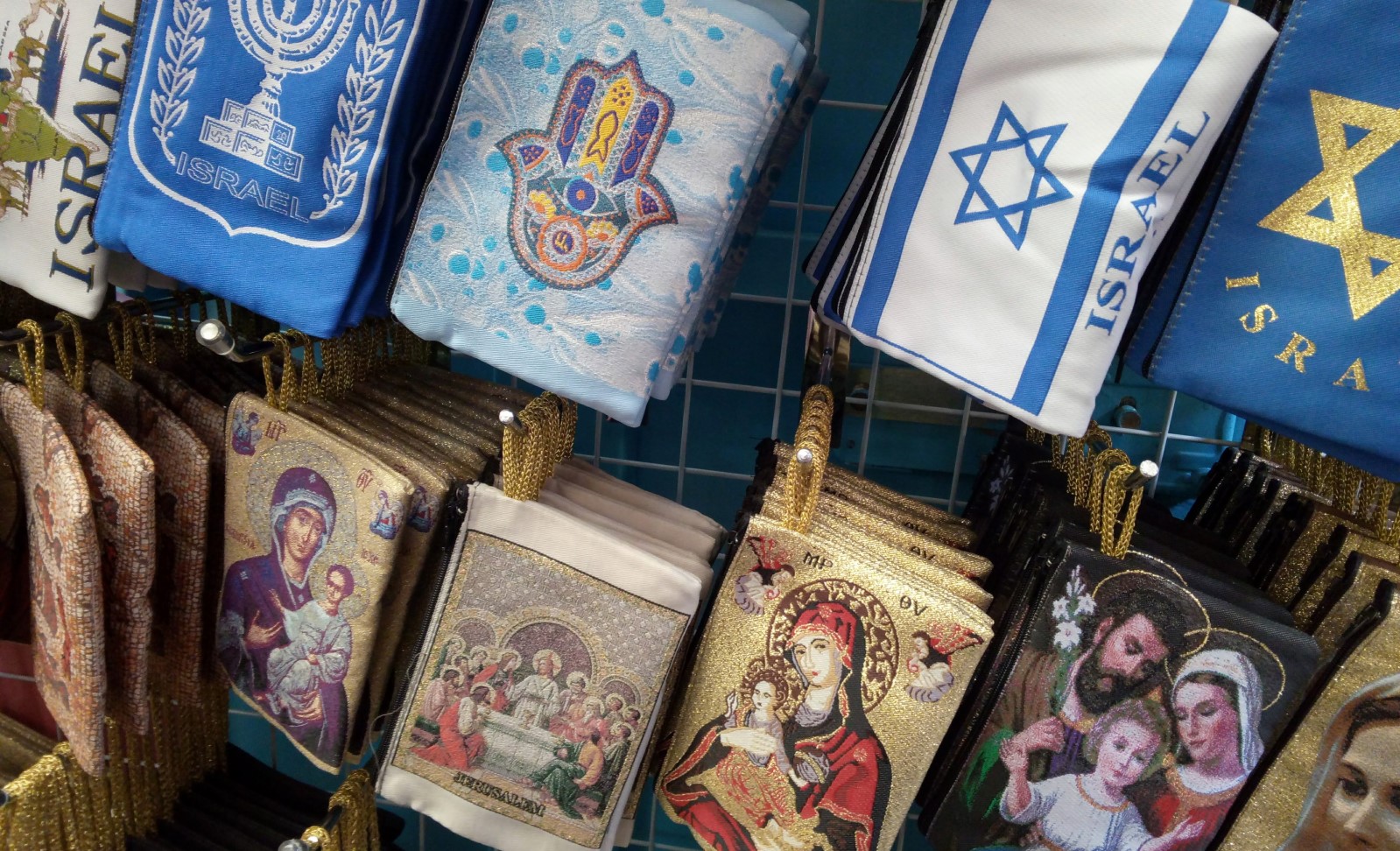
At first sight, this market selling cheap clothes and Christian-themed souvenirs may not seem worth a visit. But continue walking through the alleyways and you will find many pockets of authentic Nazarene life.
Buy homemade cured olives and freshly ground spices, or stop in for an aromatic Arabic coffee or cinnamon-stick and muddled walnut tea in Café Abu Salem, which has operated since 1914 as a men’s backgammon club in the back and an authentic tea and coffeehouse in the front.
How to get there: Enter at 6153 Street in Nazareth’s Old City, just before Annunciation church.
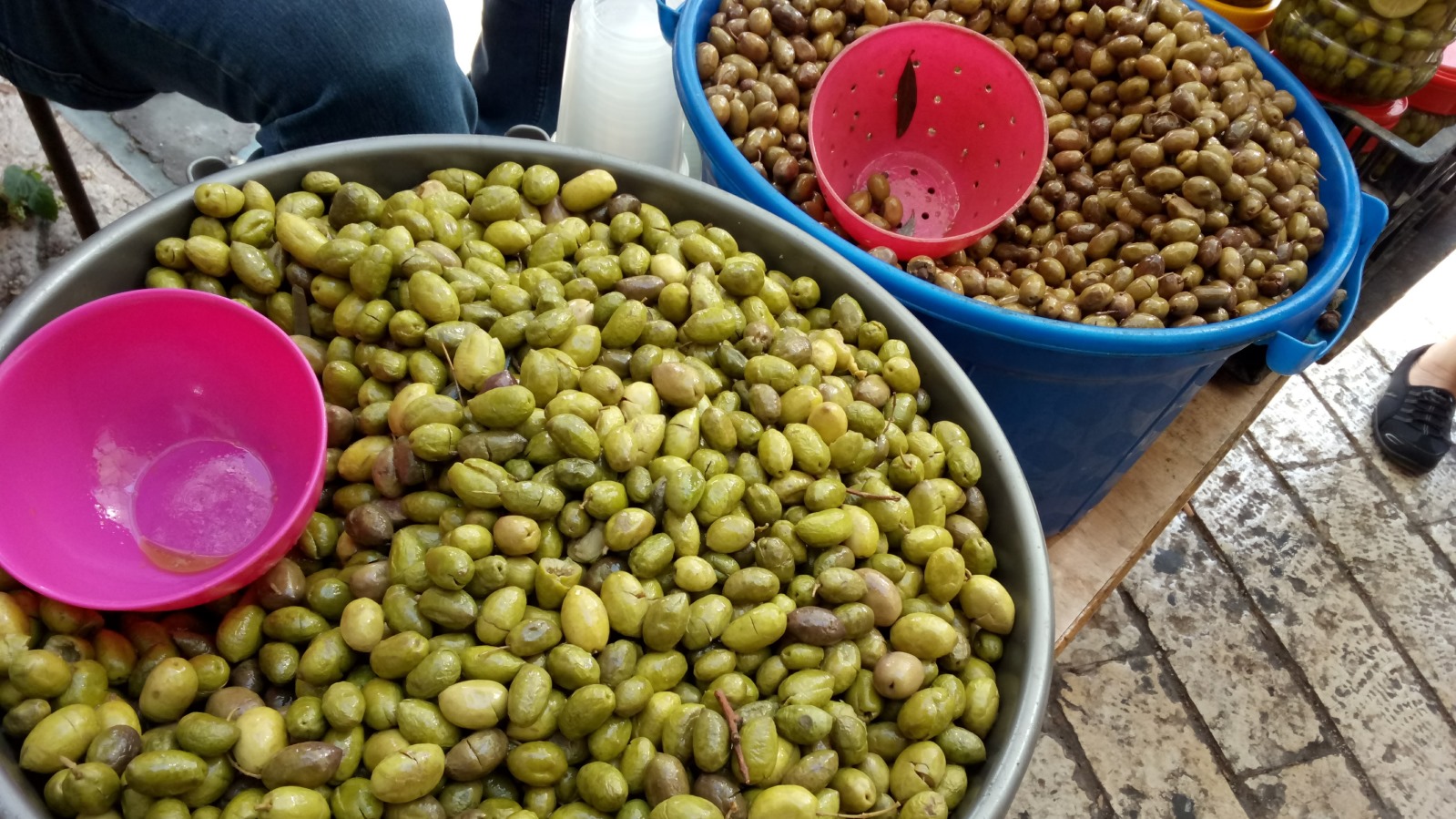
- Wadi Nisnas Market, Haifa
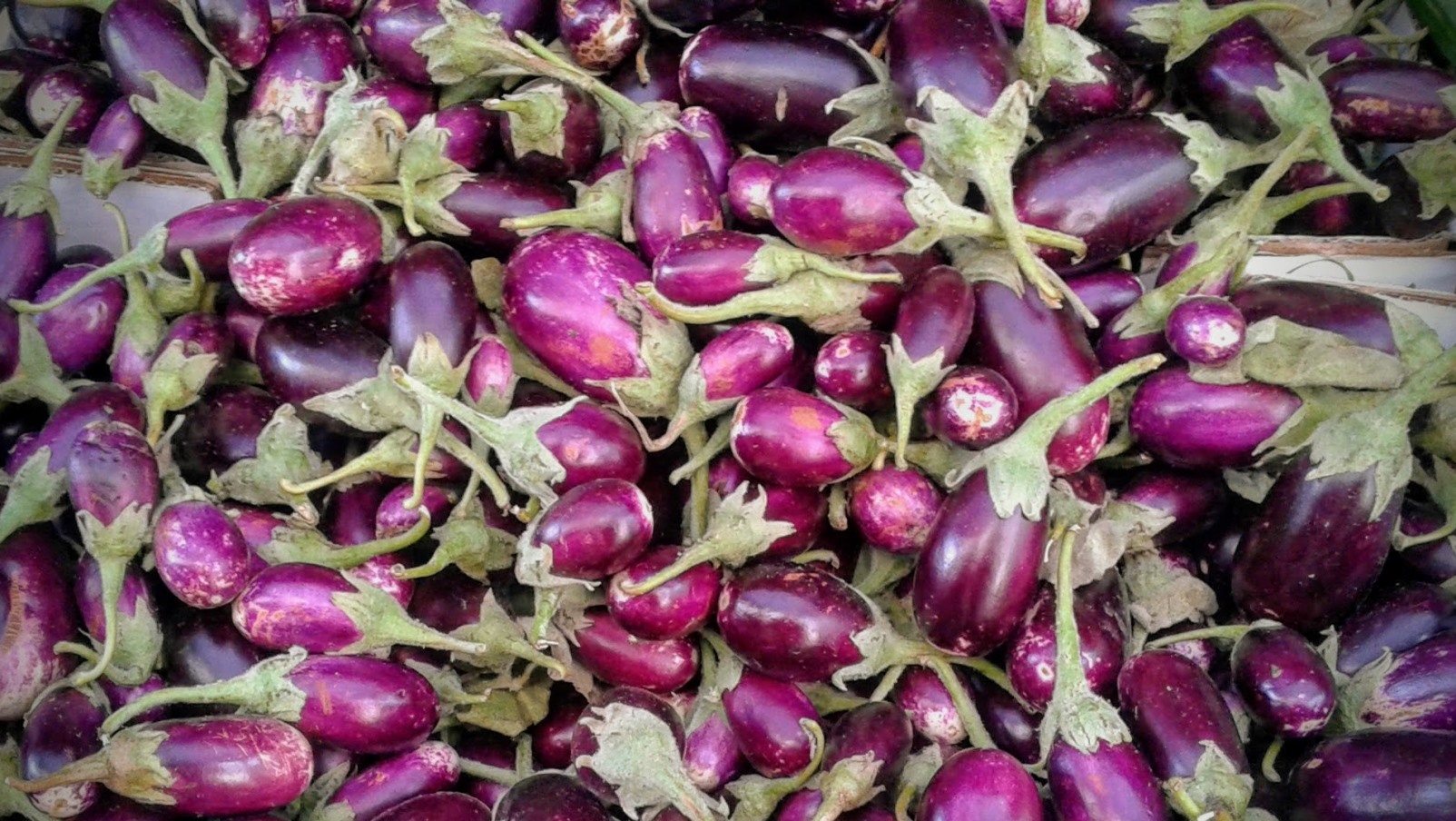
Tucked away between Haifa’s famous German Colony and newly renovated downtown is the Arab neighborhood of Wadi Nisnas (literally, Mongoose Valley).
Culinary treasures line the streets and alleys: women seated on a stoop hollowing out zucchini and eggplants for stuffing, baskets of freshly foraged herbs from the Galilean hills, big pans of home-style Arab dishes, and freshly baked pita breads.
Open throughout the week, the Wadi Nisnas market thrives especially on Saturdays when many other places in the city are closed.
How to get there: Follow HaWadi Street until the fish restaurant, Viktor HaDayag, with dolphins on its sign. Turn down the adjacent pedestrian walkway and start exploring.
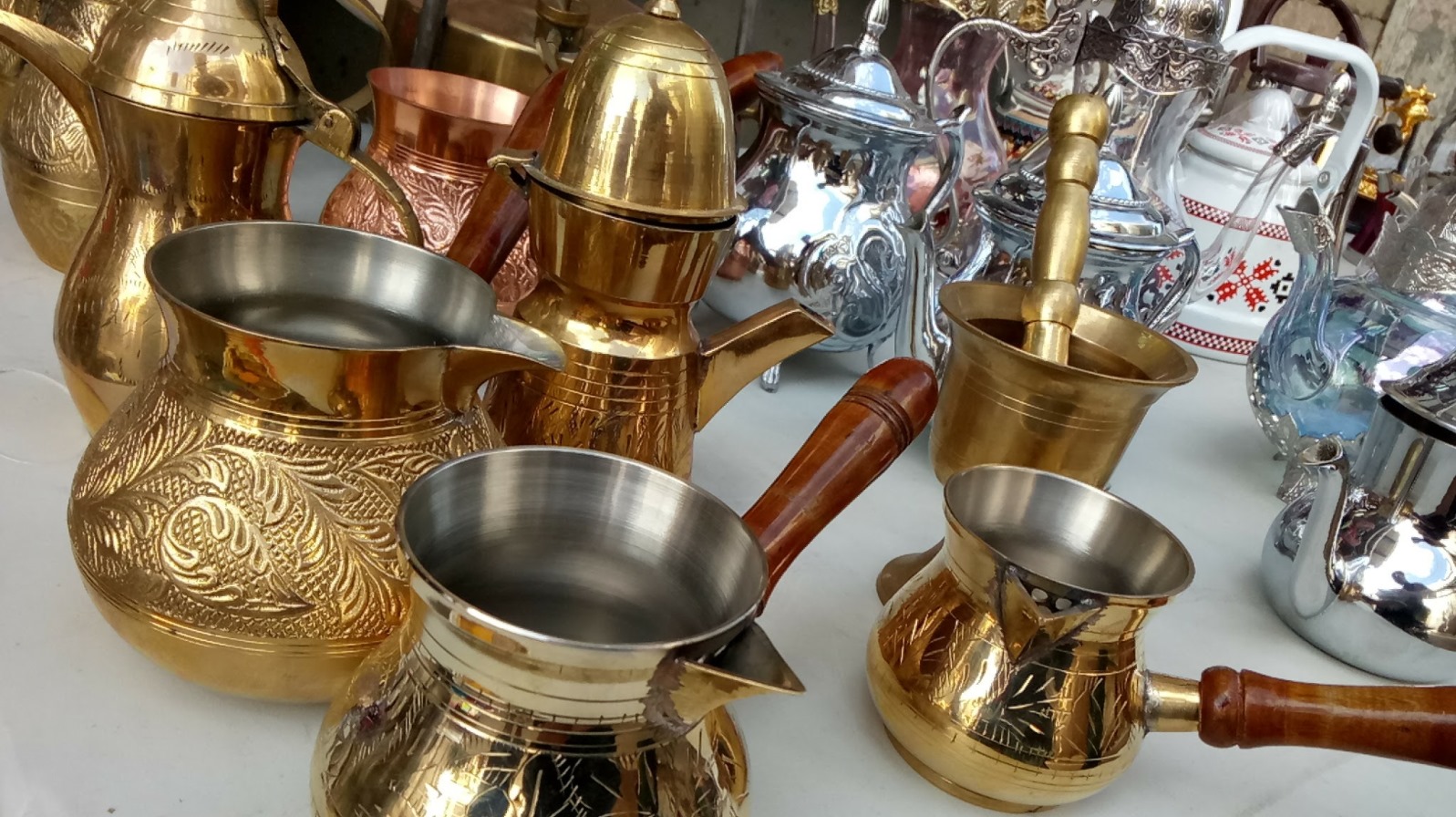
- The Paleo Market
A mix between a food festival and a market, this monthly gathering that celebrates the ideals of the Paleo movement is held in different cities around Israel, and is a gold mine for meat-loving foodies who also appreciate handcrafted boutique food items.
Whether you follow the movement or not, the market holds the key elements of any great foodie outing, allowing one to mingle with the producers and artisans while sampling their products. Surprising finds here include gourmet chocolates, spices, Israeli maple syrup and even South African biltong.
How to get there: Click here to find out the monthly location of the market.
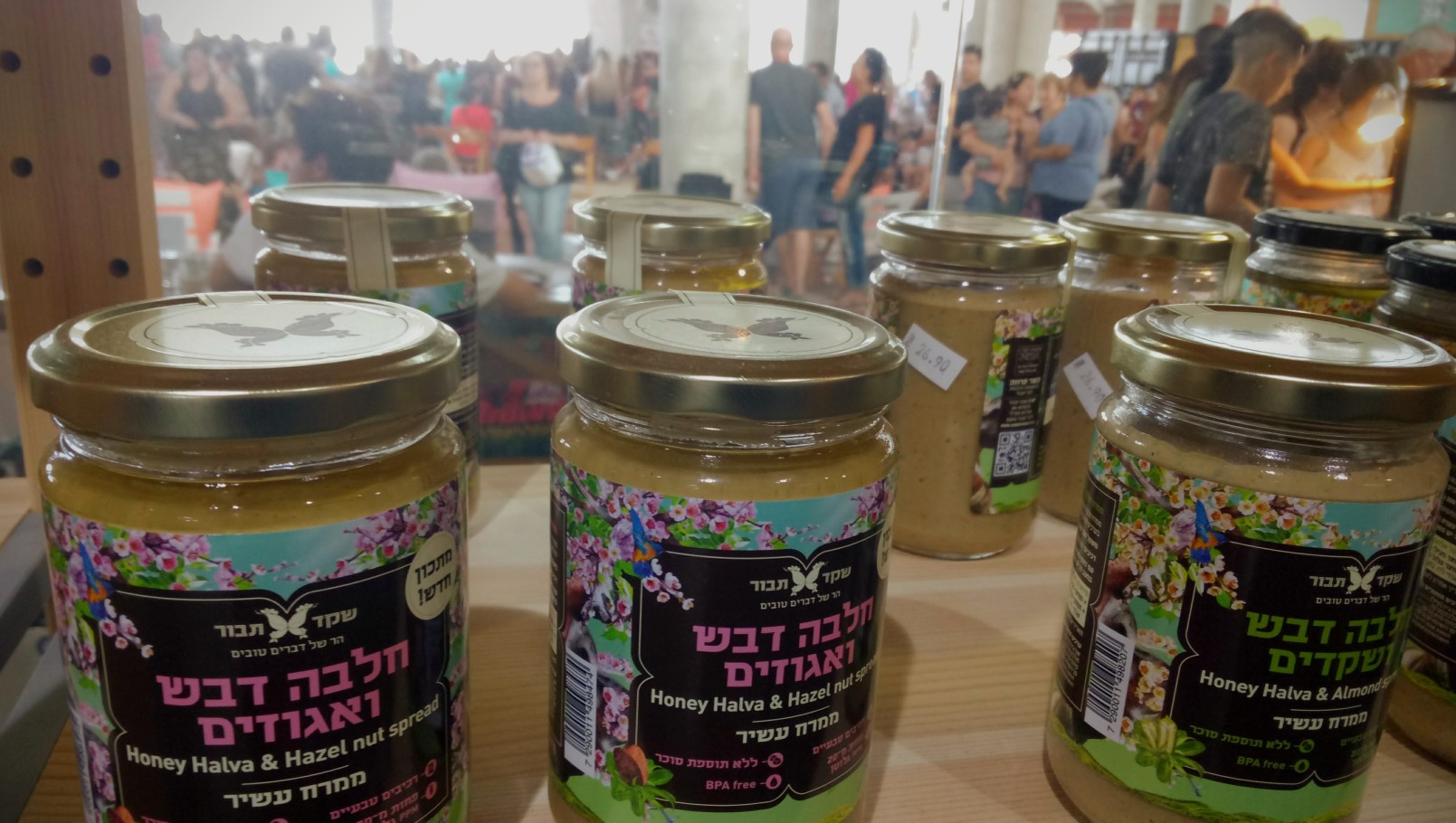
Home to a fresh fruit-and-vegetable shuk on Mondays and Thursdays, the indoor market here becomes a party on select Friday and Saturday afternoons and evenings with special events and the ever-popular Beer Festival.
There you can fill up on your choice of Israeli craft beers from the tap, while you peruse local produce, pop-up casual fashion boutiques, prepared-food stalls and even carpets lined with finds in Judaica and metalwork from the local flea-market circuit. Shop around while enjoying the live musical performances playing on the open stage.
How to get there: The market is located at 7 HaHeshmal Street in the lower city.
- Netanya Market
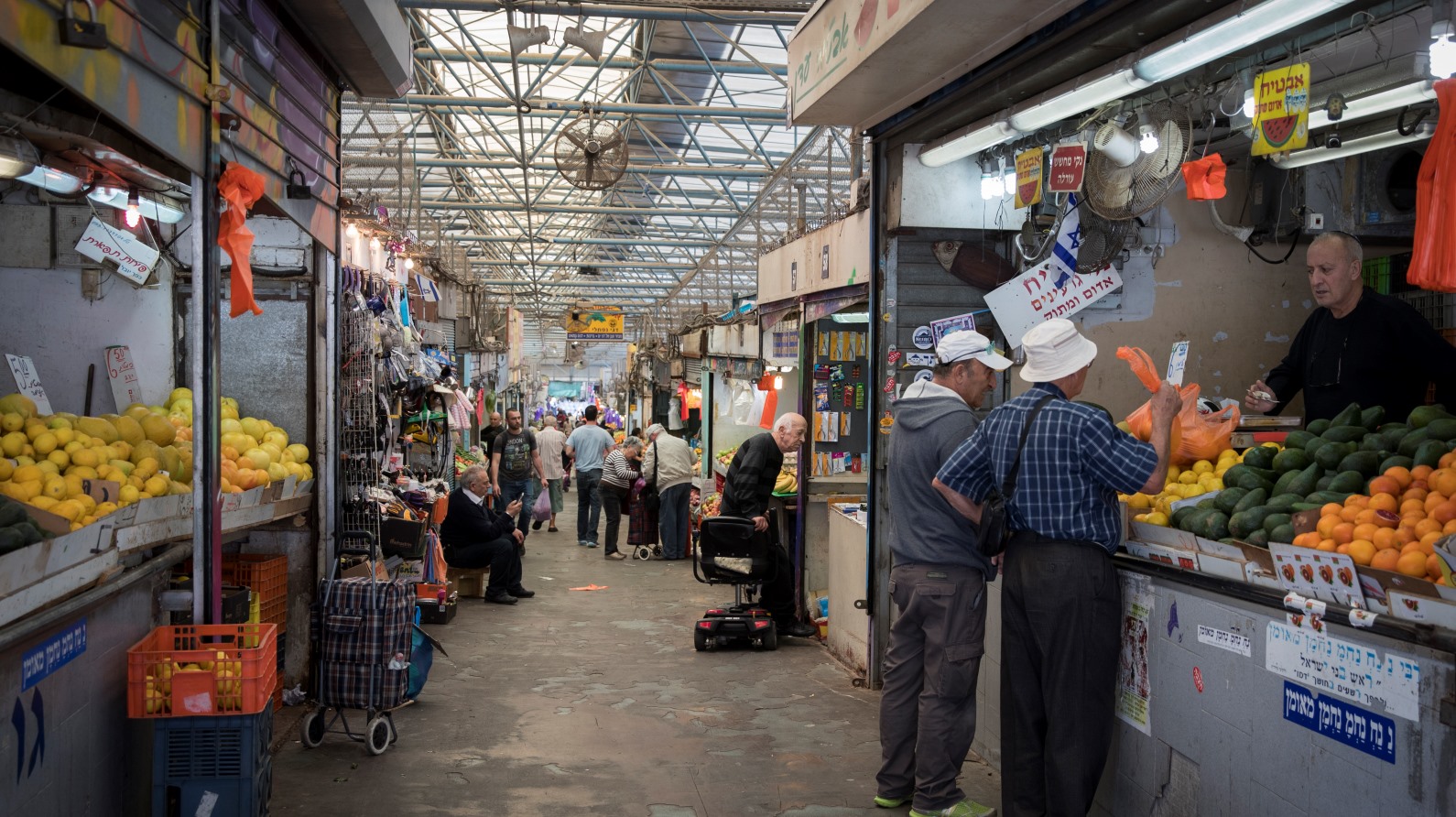
This recently renovated open-air market is following the Israeli trend and becoming a center of cultural life in the city. Filled with fruit-and-vegetable vendors, home-style food and bakeries, the market also hosts events celebrating the work of local artists and musicians. Down the street, a flower market thrives on Fridays from early in the morning until just before Shabbat.
How to get there: The market starts at 7 Shoham Street. The flower market is on adjacent Haim Weizmann Street.
- HaTikvah Market, Tel Aviv
Located in southeast Tel Aviv, this market is known for its prepared foods that represent the Yemenite, Iraqi and other Sephardic Jewish communities. A foodie’s dream, this covered and well-kept market is also bursting with fresh produce stands, as well as spice stores, pickles stands and Middle Eastern bakeries. The sum of its parts, HaTikvah Market makes up a particularly authentic and local experience in touristy Tel Aviv.
How to get there: The market is on HaTikvah Street, off of Haganah Road in South Tel Aviv.
- Tarshiha Market
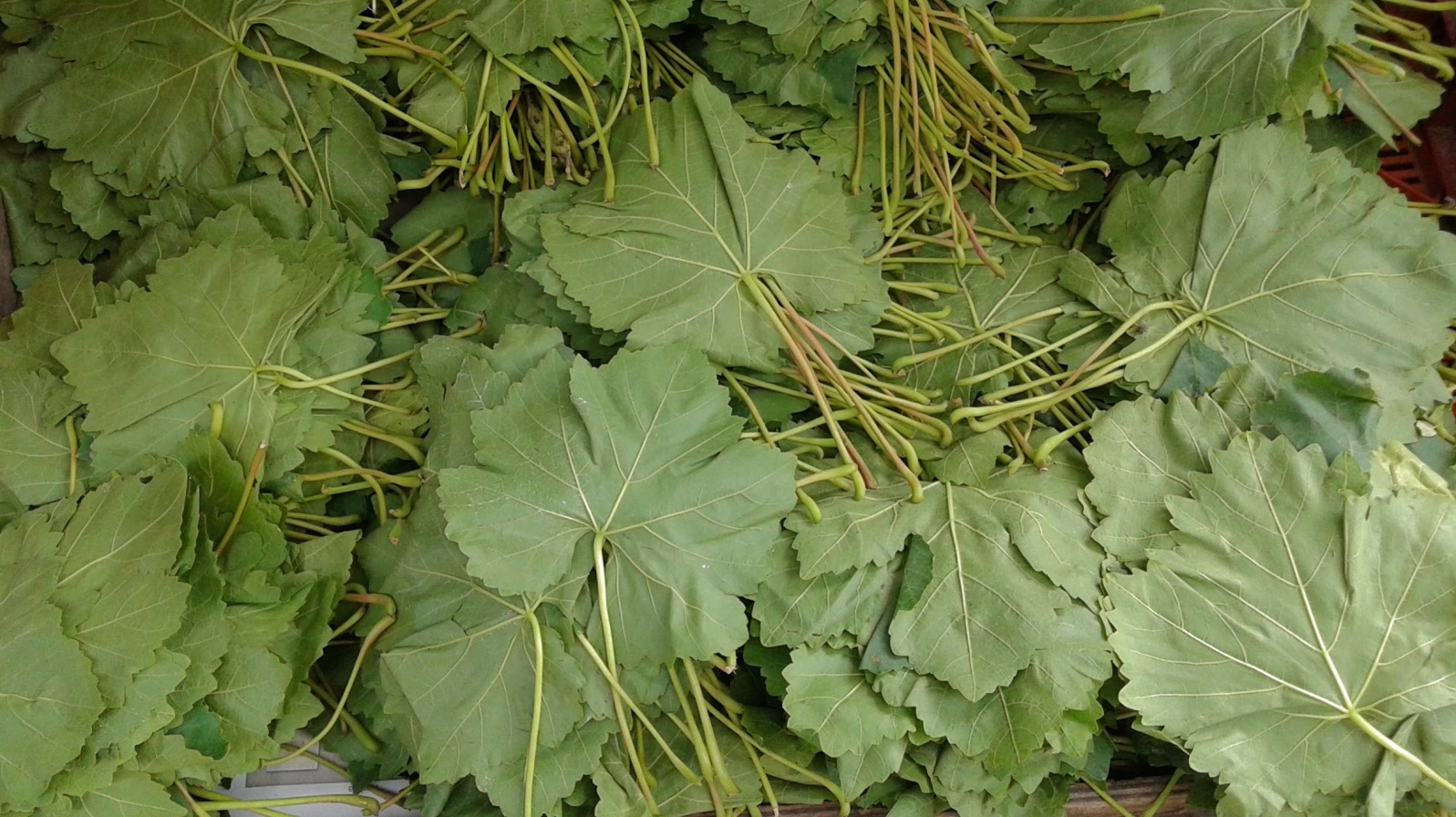
In the northern Galilee village of Tarshiha lives a vibrant culinary scene. A celebration of Galilee olives and their oil can be found in little nooks such as the weekly open-air market here.
Every weekend, townspeople and tourists gather to mingle and purchase the locally farmed fruits and vegetables and foraged herbs that are dear to the Arab kitchen, as well as other Galilean treats.
Once you’re done purchasing, you can enjoy a meal at one of the famous hummus or falafel shops down the road, then top it off with a slab of knafeh and baklava, or an ice-cream cone from well-known Buza.
How to get there: The market is set up along HaShuk Street on Saturdays.
- Shuk HaNamal, Tel Aviv
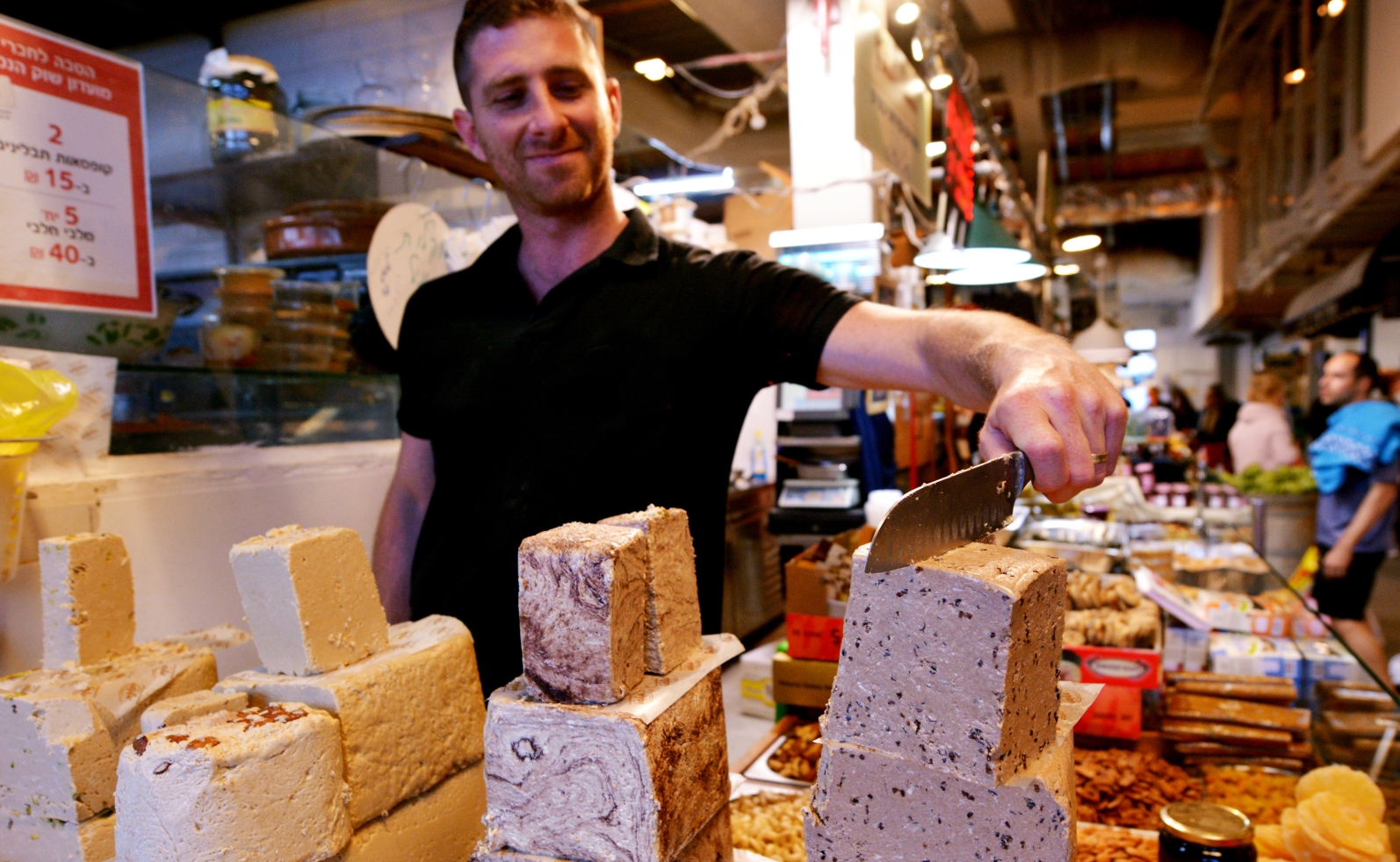
At Tel Aviv’s Port market, you will find yourself shopping alongside culinary experts.
Established by foodie and TV personality Michal “Queen of the Shuk” Ansky and food journalist Shir Halperin, this indoor market on the port’s upscale pedestrian mall and boardwalk has connections to the slow-food and sustainable-food movements.
The market itself, and the weekly farmers’ market that sets up shop in the adjacent lot each Friday, are known for their European feel. Go there to find the best in eco-friendly specialty foods, rare produce and seafood drawn straight from the Mediterranean.
How to get there: The market is at 12 Namal Tel Aviv Street.




